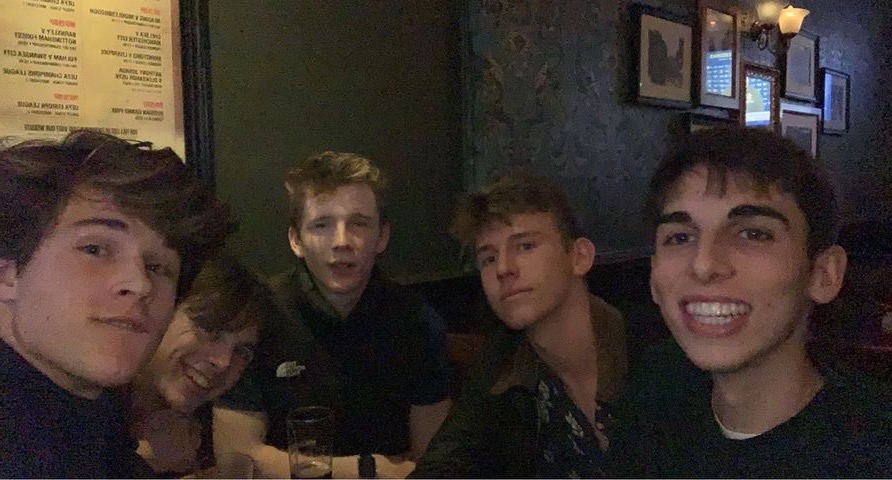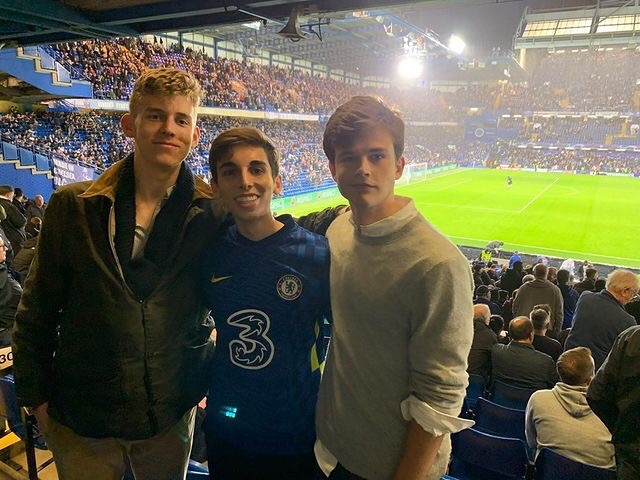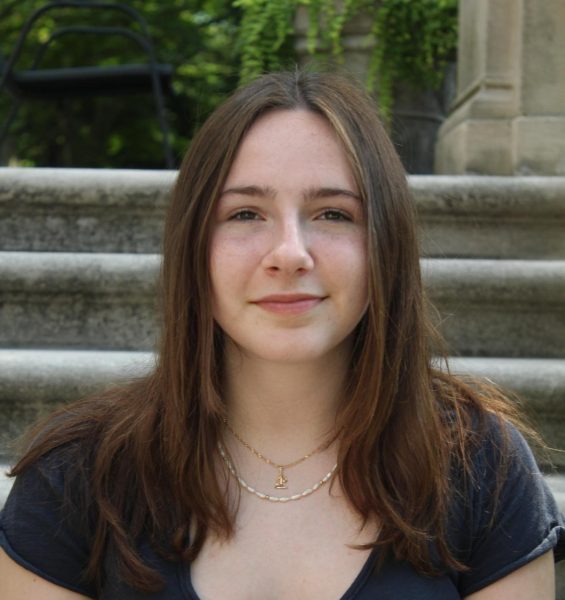In a three-part series, International Dateline looks into the lives of three WIS alumni at college. In this third article, Dateline reveals what college is really like abroad.
Alumnus Nico Vallada, WIS Class of 2020, is a freshman at The London School of Economics and Political Science (LSE) in London, England. Vallada was a member of Dateline throughout high school and was Sports Editor and Marketing Manager during his senior year.
So far he’s had a positive experience at college and especially enjoys his newfound independence. “Being able to live alone and do things when you want and do what you want, whenever is, is really great,” he said.
However, while attending college, Vallada has had to get used to paying for his own things. “London is incredibly expensive, and that’s something you just don’t have to worry about, really, when you’re living at home,” he said. He spends most of his money on food. “There’s a small cafe nearby that does £5 pasta so I eat that a lot,” he said.
Vallada enjoys living in London because of the liveliness of the city. “There’s a lot to do there in terms of going to restaurants and just seeing the city and going to soccer games,” he said. “It’s been really cool to explore the city, and just do things socially.”
Vallada thinks that there’s more balance in college than the way it’s depicted in movies and TV shows. ”I’d say it’s similar to Thursdays, Fridays, Saturdays. People do go out and drink a lot, but on the weekdays there’s definitely an emphasis on trying to get work done.”

Nevertheless, college life in the US differs from that of colleges abroad. “It’s different in terms of social life and in terms of frats and sororities,” Vallada said.
When visiting his girlfriend, alumna Julia Brownell, WIS Class of 2020, a freshman at the University of Michigan in Ann Arbor, Michigan, Vallada notes the similarities and differences between the colleges.

“In London, you don’t really have a campus. My school is just a couple of buildings on a block of London, and you’re surrounded by the city. Whereas in Michigan, for example, the entire town is the university,” he said.
Although Vallada and Brownell’s colleges are 3778 miles apart, they have been making their relationship work. “It has definitely not been as hard as I thought it was going to be. We have definitely been doing fine together,” Vallada said.
Moreover, even though Vallada is 3665 miles away from his family, he overestimated how hard it was going to be living so far away from them because it’s been “super easy” to say in touch. “It’s been very manageable because, realistically, you’re very busy throughout the whole year, doing stuff with your friends and occupied at school,” he said. “You don’t really notice it.”
Vallada has also adjusted to his new learning environment with ease. “LSE is tiny. It’s 5000 kids total, and my grade is like 1000, and then my department is only like 60 kids, so it was basically the size of my grade at WIS,” he said. He specifically chose LSE because of its size. “I like smaller environments so it’s been pretty great,” he said.
According to the 2022 Times Higher Education World University Rankings, LSE is the fifth-best university in the United Kingdom and the 27th best globally. “It’s really academically intensive,” Vallada said.
Vallada is an anthropology major. “I have a couple of hundred pages of reading or at least one hundred pages of reading every week. So it’s a lot of reading to do every week,” he said.
Even though he has a large workload, Vallada specifically chose LSE for its academic rigor. Additionally, Vallada chose to attend college abroad because of the difference in the timeframe of programs. “The major difference academically is that you choose the program you are going into directly,” he said. “All my classes are [about] anthropology until I graduate whereas, in the US, you don’t really decide your major until your second year.”
Vallada’s time at WIS, especially in the IB, allowed him to develop the skills needed to succeed in his major. In the IB he took geography, history, and Portuguese at a higher level. “[They were] all very reading-intensive courses, so especially now with anthropology, being able to read efficiently and take notes has been really helpful,” he said.
In addition to reading efficiently, Vallada feels that essay writing comes naturally to him. “The Extended Essay (EE) was a huge essay, and come third year, I’m going to have to write a dissertation,” he said. “That will definitely have been good prep work for that.”
Vallada is grateful for all of his teachers at WIS but especially appreciates the role Upper School History teacher Nora Brennan played in his achievements.
“Overall, academic and time management skills that WIS tries to instill in you are really applicable when you get to university,” Vallada said.
Vallada shares some advice to WIS students. “Practice good skills in high school because they apply to college life as well,” he said.
To read more, check out the other articles in this series in which International Dateline reveals what college is really like at a public and private university in the United States.
By Zoe Hällström


































































